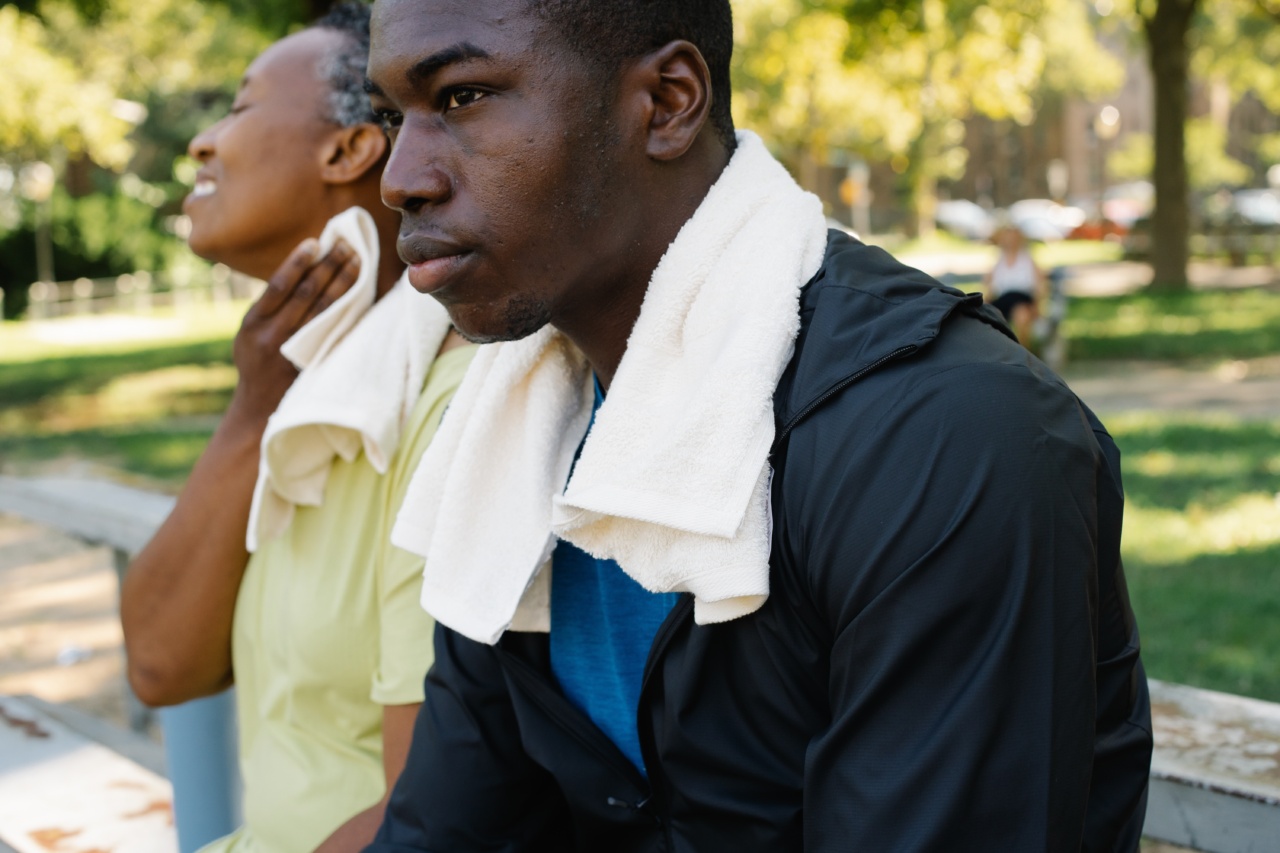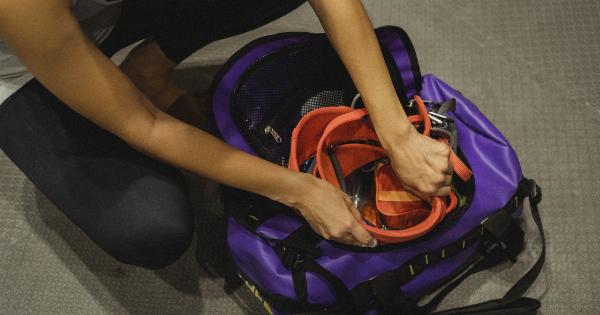Summer is here, and so is the heat. As the temperature rises, so does our body temperature. Sweating is our body’s natural cooling mechanism, but it’s often misunderstood. In this article, we’ll break down the truths and myths of heat and sweating.
What Causes Sweating?
Sweating is caused by our body’s natural cooling mechanism. When our body temperature rises above 98.6°F (37°C), our brain sends a signal to our sweat glands to start producing sweat. Sweat is made up of water, salt, and other chemicals.
As the sweat evaporates from our skin, it takes away heat, which cools our body temperature down.
Myth: Sweating Means You’re Out of Shape
This is a common myth that has been around for years. Sweating is not an indicator of fitness level. In fact, fit individuals tend to sweat more because their bodies are more efficient at cooling themselves down.
So, don’t be afraid to sweat during your workout. It’s a sign that your body is working hard to cool down.
Truth: Sweating Can Be Excessive
While sweating is a normal bodily function, excessive sweating can be a sign of a medical condition called hyperhidrosis. Individuals with hyperhidrosis sweat excessively, even when they are not hot or anxious.
This condition can be treated with antiperspirants, medication, and in severe cases, surgery.
Myth: Drinking Water Will Stop You from Sweating
This is a common myth that is not true. Drinking water will not stop you from sweating. In fact, drinking water is essential to replace the fluids lost through sweating.
Dehydration can lead to heat exhaustion and heat stroke, which can be life-threatening conditions.
Truth: Sweating Can Cause Dehydration
While drinking water is important to replace fluids lost through sweat, sweating can also cause dehydration. When we sweat, we lose water and electrolytes, such as sodium and potassium.
It’s important to drink water and electrolyte-rich drinks, such as sports drinks, to replenish what’s lost.
Myth: Sweating Clears Toxins from Your Body
This is a common myth that is not true. While sweating does eliminate some toxins from your body, such as alcohol and phthalates, our liver and kidneys are responsible for filtering toxins from our body.
Sweating is a natural bodily function that helps regulate our body temperature, but it’s not a detox mechanism.
Truth: Excessive Sweating Can Be Embarrassing
While sweating is a natural bodily function, excessive sweating can be embarrassing and impact an individual’s daily life. It can cause social anxiety, interfere with clothes choices, and impact personal and professional relationships.
It’s important to seek medical treatment if excessive sweating is affecting your daily life.
Myth: Sweating Causes Acne
This is a common myth that is not true. Sweating does not cause acne. Acne is caused by clogged pores, excess oil production, and bacteria. While sweating can contribute to clogged pores, taking a shower after sweating can help prevent acne.
Truth: Heat Exhaustion and Heat Stroke Can Be Life-Threatening
Heat exhaustion and heat stroke are two conditions that can occur from prolonged exposure to heat. Heat exhaustion is a milder form and can cause symptoms such as nausea, dizziness, and headaches.
Heat stroke is a severe form and can cause symptoms such as unconsciousness, seizures, and organ failure. Both conditions require immediate medical attention.
Myth: A Cold Shower Will Cool You Down
This is a common myth that is not true. While a cold shower may make you feel cooler temporarily, it can cause your body to go into shock.
When your body is exposed to extreme temperatures, it goes into shock and can cause blood vessels to constrict, which can be dangerous for individuals with certain medical conditions, such as heart disease.
Truth: Wear Breathable Clothing
Wearing breathable clothing, such as cotton or moisture-wicking fabrics, can help prevent excessive sweating and heat exhaustion. These fabrics allow air to circulate and wick away moisture, which can help regulate body temperature.






























